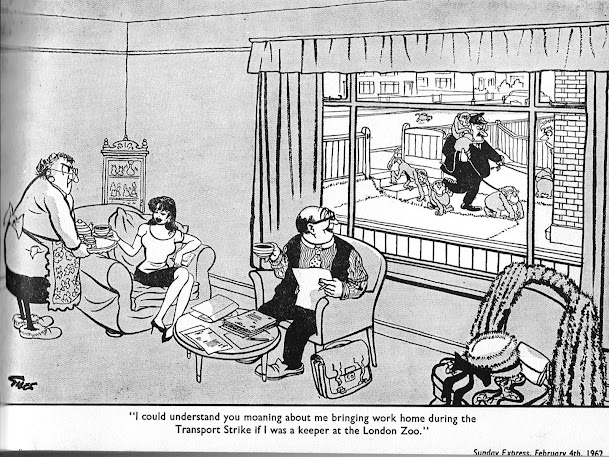|
1 |
Rock-A-Hula Baby / Can't Help Falling In Love |
Elvis Presley |
RCA |
|
2 |
Wonderful Land |
The Shadows |
Columbia |
|
3 |
The Young Ones |
Cliff Richard and The Shadows |
Columbia |
|
4 |
Let's Twist Again |
Chubby Checker |
Columbia |
|
5 |
March Of The Siamese Children |
Kenny Ball and his Jazzmen |
Pye |
|
6 |
Tell Me What He Said |
Helen Shapiro |
Columbia |
|
7 |
Wimoweh |
Karl Denver |
Decca |
|
8 |
Forget Me Not |
Eden Kane |
Decca |
|
9 |
Crying In The Rain |
The Everly Brothers |
Warner Brothers |
|
10 |
The Wanderer |
Dion |
HMV |
|
11 |
Stranger On The Shore |
Acker Bilk |
Columbia |
|
12 |
Walk On By |
Leroy Vandyke |
Mercury |
|
13 |
Softly As I Leave You |
Matt Monro |
Parlophone |
|
14 |
Little Bitty Tear |
Burl Ives |
Brunswick |
|
15 |
Hole In The Ground |
Bernard Cribbins |
Parlophone |
|
16 |
Lesson No 1 |
Russ Conway |
Columbia |
|
17 |
Don't Stop, Twist |
Frankie Vaughan |
Philips |
|
18 |
Theme From Z Cars |
Johnny Keating Orchestra |
Piccadilly |
|
19 |
I'll See You In My Dreams |
Pat Boone |
London |
|
20 |
Frankie And Johnny |
Acker Bilk |
Columbia |
Thursday, March 10, 2022
THURSDAY BACKTRACK: Music and news from 60 years ago - week ending 10 March 1962
Thursday, March 03, 2022
THURSDAY BACKTRACK: Music and news from 60 years ago - week ending 3 March 1962
Thursday, February 24, 2022
THURSDAY BACKTRACK: Music and news from 60 years ago - week ending 24 February 1962
Wednesday, February 23, 2022
THURSDAY BACKTRACK: Music and news from 60 years ago - week ending 17 February 1962
The famous dog show started in 1891 and has been held annually since then, apart from some of the years in the two World Wars.
13 February: 'A crowd of between 150,000 and 500,000 people marched in Paris in the first massive protest against the continuing Algerian war, which had gone into its eighth year. The occasion was the funeral ceremony for five of the nine people who had been killed by police in the Charonne metro station the previous Thursday. With many of the participants walking off of their jobs to protest, business in Paris and much of France was brought to a halt.'
Thursday, February 10, 2022
THURSDAY BACKTRACK: Music and news from 60 years ago - week ending 10 February 1962
 |
Source and comment |
Thursday, February 03, 2022
THURSDAY BACKTRACK: Music and news from 60 years ago - week ending 3 February 1962
The Conservative government's decision to impose a 'pay pause' on public sector workers and override decisions by third part arbitration bodies (see more on Broad Oak for 6 January) continued to cause trouble in industrial relations.
|
1 |
The Young Ones |
Cliff Richard and The Shadows |
Columbia |
|
2 |
Rock-A-Hula Baby / Can't Help
Falling In Love |
Elvis Presley |
RCA |
|
3 |
Multiplication |
Bobby Darin |
London |
|
4 |
Happy Birthday Sweet Sixteen |
Neil Sedaka |
RCA |
|
5 |
Stranger On The Shore |
Acker Bilk |
Columbia |
|
6 |
Let's Twist Again |
Chubby Checker |
Columbia |
|
7 |
Forget Me Not |
Eden Kane |
Decca |
|
8 |
I'd Never Find Another You |
Billy Fury |
Decca |
|
9 |
Walk On By |
Leroy Vandyke |
Mercury |
|
10 |
Let There Be Drums |
Sandy Nelson |
London |
|
11 |
Crying In The Rain |
The Everly Brothers |
Warner Brothers |
|
12 |
The Twist |
Chubby Checker |
Columbia |
|
13 |
Run To Him |
Bobby Vee |
London |
|
14 |
Lonesome |
Adam Faith |
Parlophone |
|
15 |
Peppermint Twist |
Joey Dee and The Starlighters |
Columbia |
|
16 |
The Lion Sleeps Tonight |
The Tokens |
RCA |
|
17 |
The Comancheros |
Lonnie Donegan |
Pye |
|
18 |
Wimoweh |
Karl Denver |
Decca |
|
19 |
Midnight In Moscow |
Kenny Ball and his Jazzmen |
Pye |
|
20 |
The Language Of Love |
John D. Loudermilk |
RCA |










